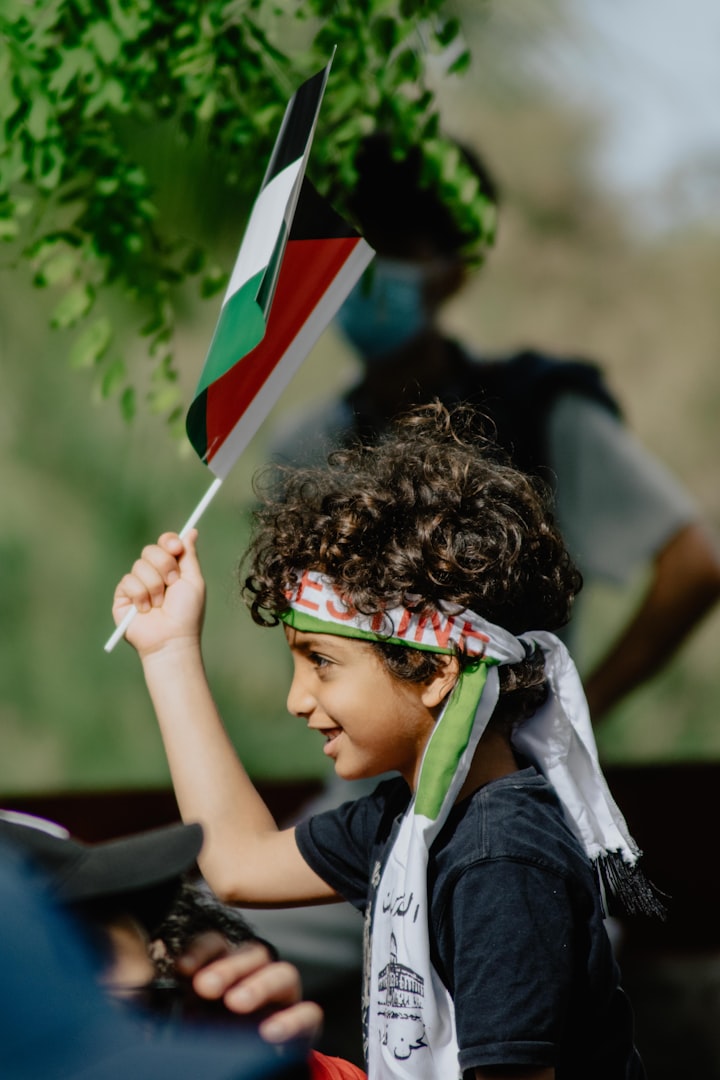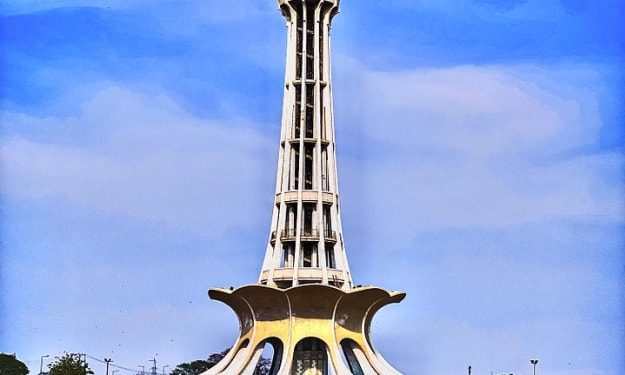
The Israel-Palestine dispute, a complicated geopolitical conflict spanning decades, is characterised by historical, religious, and geographical contentions. The complexities of this conflict necessitate serious analysis in order to appreciate the complicated web of complaints and problems that both Israelis and Palestinians face.
Historical Foundations:
A historical collision of national aspirations is at the heart of the conflict. The late-nineteenth-century rise of the Zionist movement, seeking a Jewish state, met with Palestinian Arab aspirations, laying the foundation for long-lasting disputes over land, identity, and sovereignty.
Territorial Disputes, Settlements, and Occupation:
Since the 1967 Six-Day War, Israel’s control of the West Bank and East Jerusalem has been a source of conflict. Israeli settlements in these regions are largely seen as a breach of international law, hampering efforts to find a viable two-state solution. This geographical issue exacerbates the battle for self-determination and the difficulties of achieving permanent peace.
Human Suffering and Violent Conflict:
The conflict has taken a terrible toll on both Israelis and Palestinians, with civilians frequently suffering the brunt of the violence. Allegations of human rights violations, including excessive use of force, have been levelled against both sides, fueling a cycle of suffering and revenge. It is critical to recognise the devastating effects faced by individuals on all sides of the war and to work for human rights protection in the search of peace.

Some individuals and groups have supported boycotting Israeli products as a kind of nonviolent economic pressure to call attention to the Israel-Palestine conflict and push for change. Proponents claim that by participating in the boycott, divestment, and sanctions (BDS) movement, consumers may send a powerful statement about their discontent with some Israeli policies, notably those concerning the occupied territories. Boycotts, when properly organised, have the capacity to influence public opinion, raise awareness about human rights issues, and even harm the economic interests of firms participating in the dispute. However, it is crucial to remember that the effectiveness and ethical issues of boycotts are debatable. Critics contend that such approaches are not always effective in obtaining the intended political results. Before participating in or endorsing a boycott, individuals must conduct extensive study and evaluate the larger consequences, as with any advocacy approach, and must recognise the complexities of the Israel-Palestine issue. Constructive involvement, conversation, and educated decision-making continue to be critical components of any endeavour to positively contribute to a settlement.
During the Israel-Palestine conflict, several opponents have described instances of Israeli brutality, notably in the context of military operations and the execution of security measures. International concern has been heightened by allegations of excessive use of force, civilian fatalities, and infrastructure devastation. The closure of Gaza, which is frequently viewed as collective punishment against the civilian population, has been criticised for worsening humanitarian challenges. Reports of alleged human rights violations and limits on people’s movement add to the picture of Israeli brutality. It is critical to recognise that opinions on these issues differ, and the nuances underlying security considerations must be recognised.
Numerous international attempts, such as the Oslo Accords, have attempted to resolve key concerns like as boundaries, refugees, security, and Jerusalem’s status. However, a long-term solution remains hard since the complicated geopolitical context defies easy answers. The push for a two-state solution continues, but building mutual trust and understanding remains a significant problem.
Conclusion:
To summarise, the Israel-Palestine conflict is not a complex and complicated topic. Palestinians have faced great challenges, and they have become the most oppressed people of the century. While developing diplomatic discussion, and advocating respect for Palestinians groups’ rights and aspirations are key steps towards attaining a durable and just peace in the area.






Comments
There are no comments for this story
Be the first to respond and start the conversation.